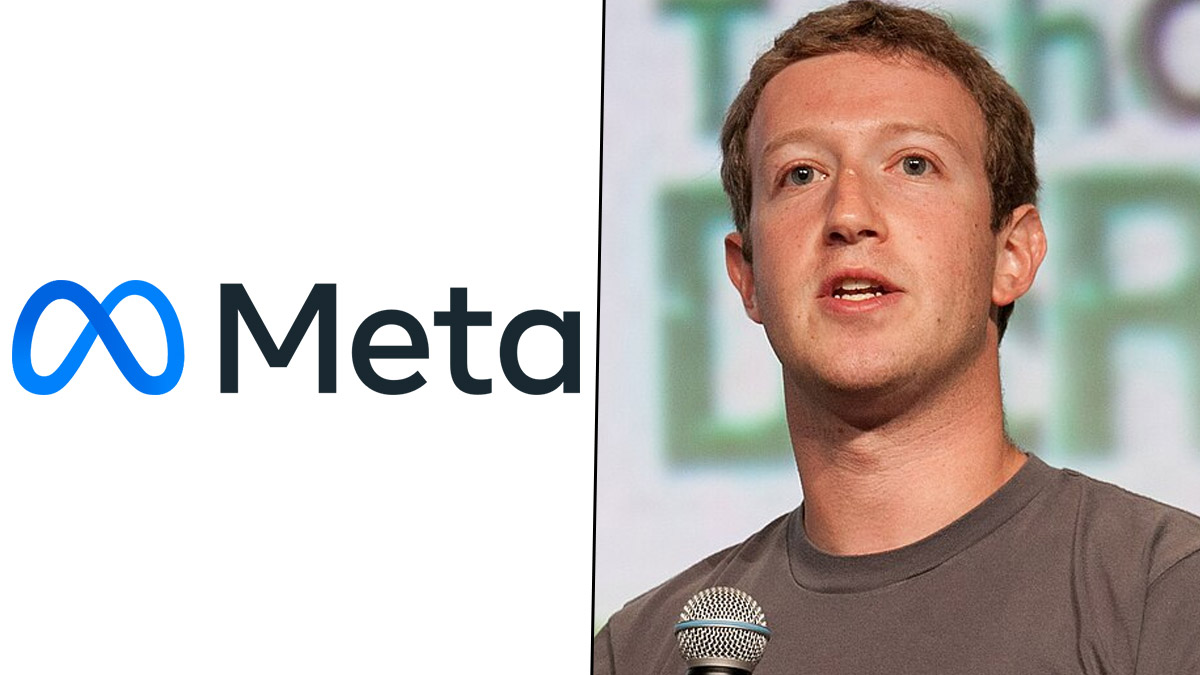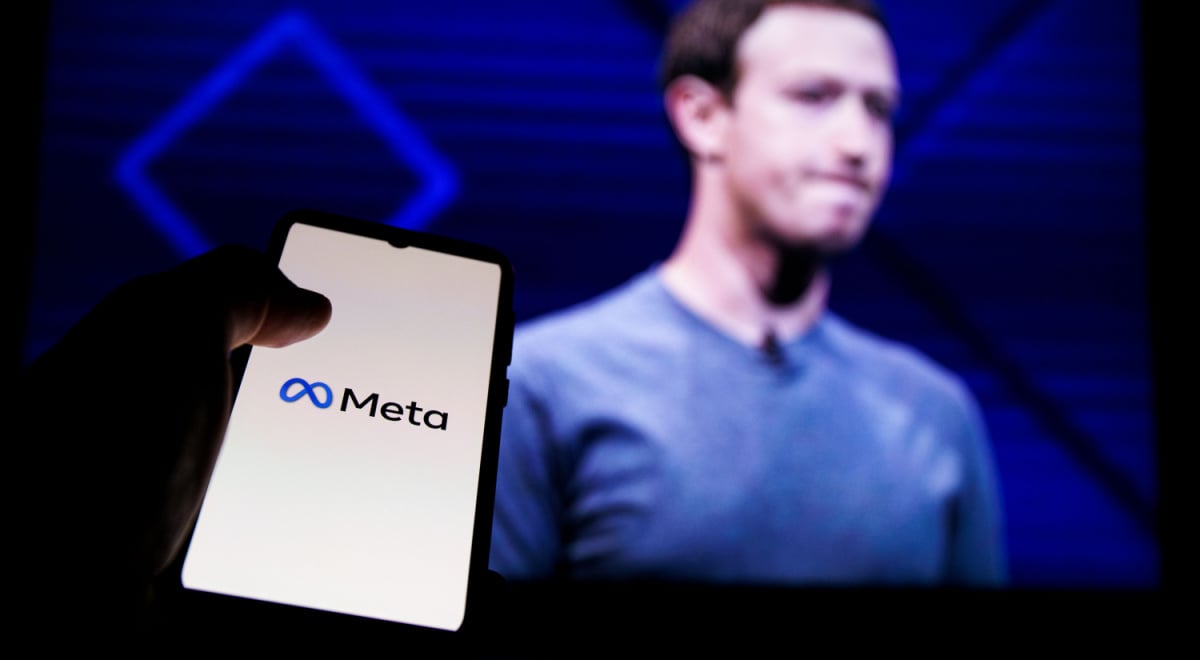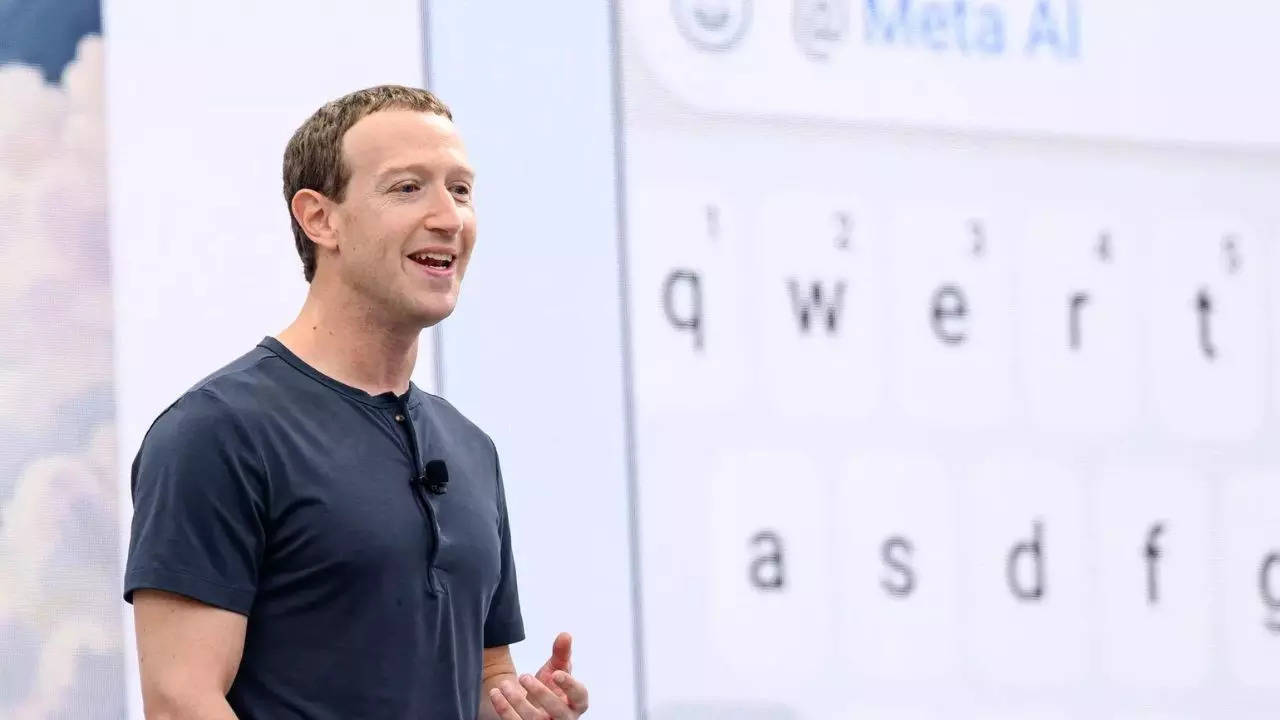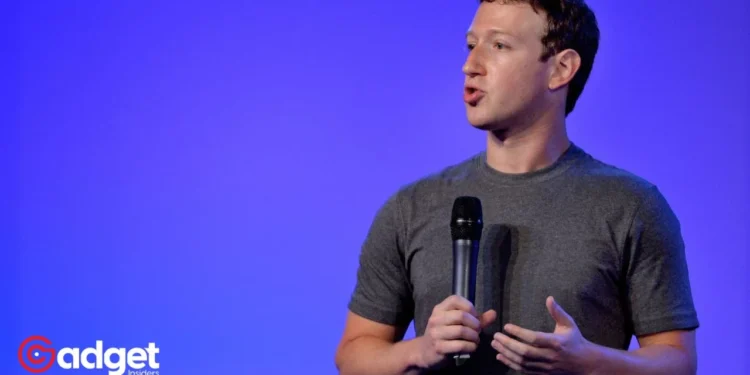In a recent revelation that has sent ripples through the tech industry, Mark Zuckerberg, the visionary founder of Meta, offered a fresh perspective on the wave of tech layoffs that has been unsettling the sector. During a candid interview on the Morning Brew Daily Podcast, Mark Zuckerberg dismantled the popular narrative blaming Artificial Intelligence (AI) for the job cuts, pointing instead to the ramifications of the COVID-19 pandemic and strategic overexpansion as the real culprits.

The Pandemic’s Legacy: A Catalyst for Change
Mark Zuckerberg’s insights come at a time when the tech industry is facing unprecedented scrutiny over job security and the future of work. “The AI stuff,” as Mark Zuckerberg refers to it, was dismissed as a major factor in the decision-making process behind the layoffs within his companies.
Instead, the Meta CEO highlighted the overbuilding during the pandemic—a time of global uncertainty and rapid digital transformation—as the pivotal reason for the current restructuring efforts.

Meta’s Efficiency Drive: Stripping Back to Basics
Meta, a titan of the tech industry, has been at the forefront of the recent layoffs, with Mark Zuckerberg spearheading a movement towards a leaner, more efficient organizational structure. This includes reducing the managerial layers within Meta and making cuts across various departments, including Instagram’s technical program managers.
Despite reporting healthy profits, Meta’s approach mirrors a broader trend observed across other major players like Microsoft and Google, who have also embarked on significant staff reductions.
Mark Zuckerberg says tech layoffs are about making companies leaner and more effective pic.twitter.com/14cUZn6tjs
— Tsarathustra (@tsarnick) February 18, 2024
The Realignment of Big Tech
The drive towards efficiency is not unique to Meta. Across the board, tech giants are reevaluating their workforce and structure in the face of changing market dynamics and the post-pandemic reality. Fox Business’s report on the sharp increase in job cuts in January—marking the second-highest January layoff total since 2009—underscores the scale of the industry’s recalibration.
Companies are now prioritizing agility and productivity, shedding the excess that characterized the rapid expansion phase of the pandemic years.
AI and the Future of Tech Employment
While Mark Zuckerberg downplays the role of AI in the current wave of layoffs, the broader implications of AI for the tech industry cannot be ignored. The development and deployment of AI technologies are prompting companies to prioritize talent with AI expertise, potentially reshaping the labor market.
Roland Rust, a distinguished professor at the University of Maryland’s Robert H. Smith School of Business, suggests that the shift towards AI may lead to a decline in “thinking” jobs and a corresponding rise in demand for “feeling” professions, indicating a significant transformation in the skills valued by employers.

Mark Zuckerberg: A Period of Transition and Opportunity
As the tech industry navigates this period of intense change, the insights provided by Mark Zuckerberg offer a valuable perspective on the challenges and opportunities that lie ahead. The transition towards a leaner, more focused approach to business and the integration of AI technologies are reshaping the landscape of employment and innovation.
As companies adapt to these changes, the industry stands on the cusp of a new era, where efficiency and adaptability are paramount.









